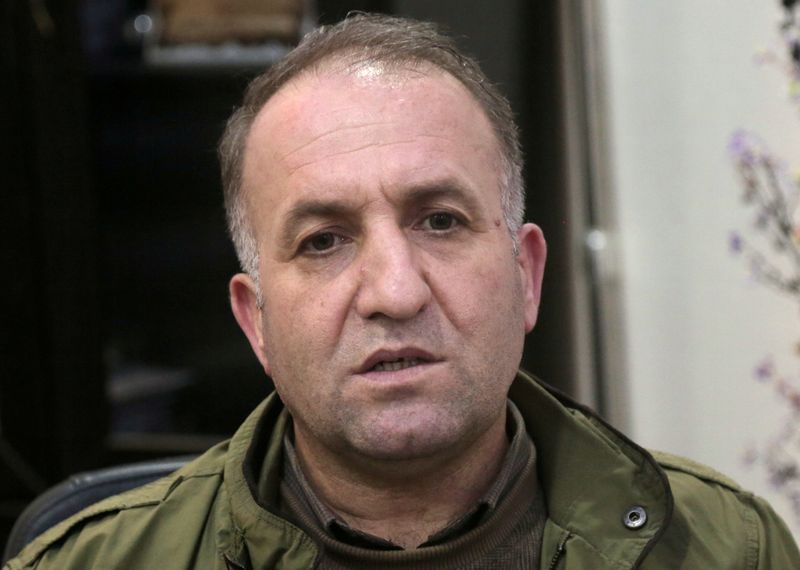BEIRUT (Reuters) – Kurdish-led authorities in northeastern Syria are in talks with their military allies in a U.S.-led coalition on a promised exemption from U.S. sanctions targeting the Syrian government, a senior Kurdish official said.
Washington says the sanctions, which took effect last week, mark the start of a sustained campaign of economic and political pressure on President Bashar al-Assad to stop the war in Syria and agree to a political solution.
Northeastern Syria is controlled by Kurdish-led militia who have helped the U.S.-led coalition fight Islamic State, driving the jihadists out of swathes of Syrian territory.
Badran Jia Kurd, a vice president of the regional administration, said the sanctions would have an impact on his area, which trades with government-held Syria via local merchants and uses the Syrian pound, which has plunged in value.
“They will lead to an increase in prices to a very great degree and to weakness in trade activity with the Syrian interior, while on the other hand crossings to Iraq are closed, meaning the region was already living an economic siege,” Jia Kurd said.
“They told us the self-administration regions will be exempt from the Caesar sanctions but the mechanisms and means to achieve this exemption are being discussed with the international coalition.”
The sanctions are named after a Syrian military photographer who smuggled thousands of photos out of Syria showing mass killings, torture and other crimes.
A U.S. State Department spokesperson said the United States had provided exemptions for humanitarian aid in all areas of Syria since the beginning of sanctions against the government and would remain in close coordination with its partners.
“We do not comment on the substance of private, diplomatic conversations,” the spokesperson wrote in emailed comments.
The coalition has said the sanctions do not impede humanitarian assistance or hinder “coalition stabilization activities in northeast Syria”.
The new sanctions allow for the freezing of assets of anyone dealing with Syria, regardless of nationality.
(Reporting by Ellen Francis and Tom Perry, editing by Ed Osmond and Timothy Heritage)





















